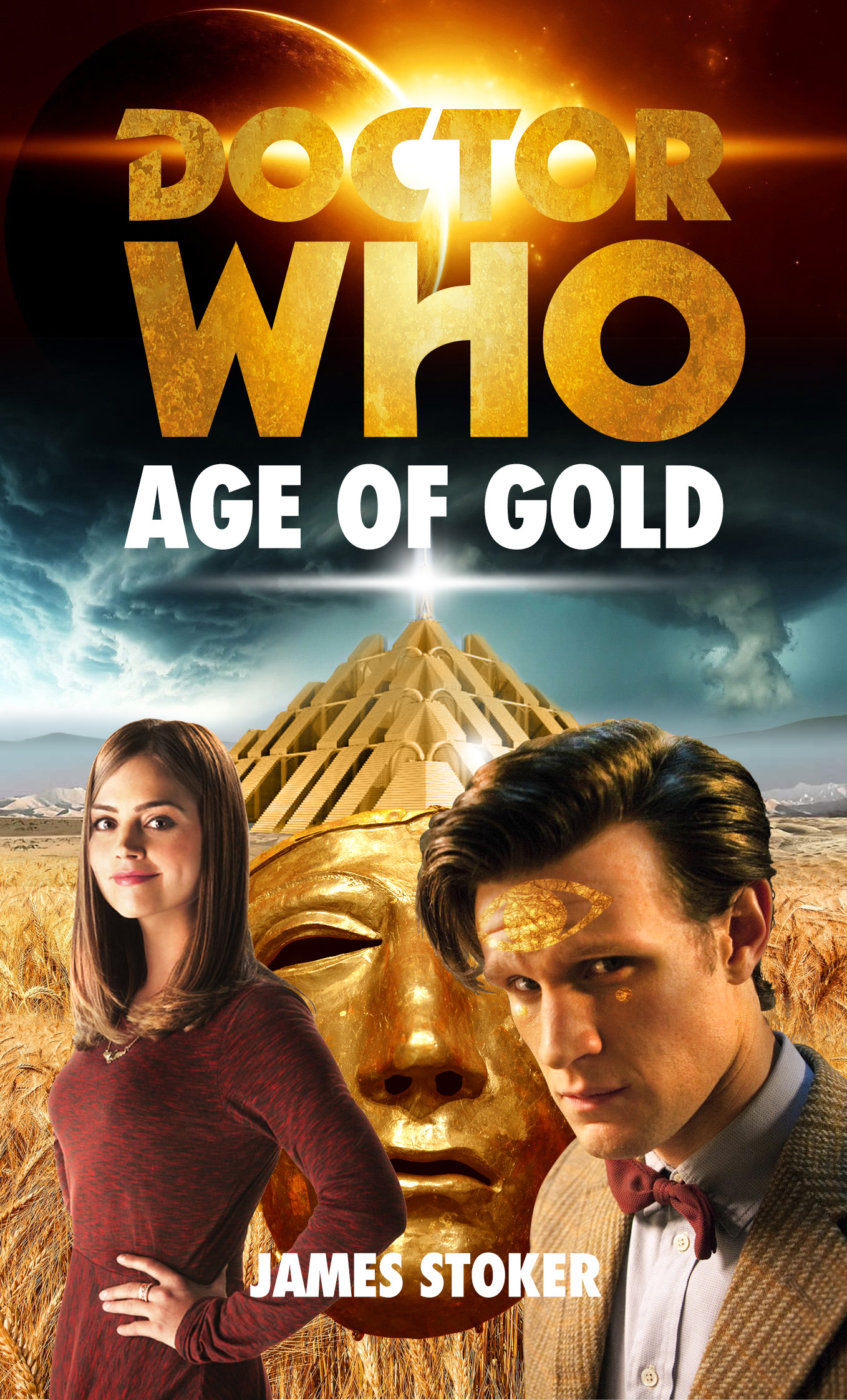Jun
12
2014

‘Stories are equipment for living.’ – Kenneth Burke
Blog gurus tell you never to blog “off brand,” but this one’s not as off as it might appear.
If you love the Bible and haven’t read Robert Alter’s The Art of Biblical Narrative, you really need to. One of the reasons for the Reading the Bible in 3D seminar in April was to help people understand that the tools they gain from watching quality movies and TV and reading good fiction should not be shelved when reading the Bible. Sadly, it seems most Christians really aren’t interested in understanding the Bible in a new way. They are taught by ministers who have little idea of what they are actually dealing with in the Bible, and the ministers were trained in Bible academies ruled by men without an ounce of the childlike imagination the Bible requires to be understood. Consequently they miss the beauty, the musical rhythm, the intricacies and the constant use of “plant and payoff”, all of which are understood by the best authors. This includes screen writers, who have to say everything the writer of a novel says but in less words. Robert McKee writes:
Continue reading
5 comments | tags: Culture, Film, Robert Alter | posted in Bible Matrix, Biblical Theology
Jul
28
2011

The Bible so often seems to be very descriptive when we don’t want it to be (concerning architecture, for instance) and threadbare when it comes to the personal and illustrative detail we have been trained to enjoy and rely upon. When it comes to characterization especially, somehow the authors do a whole lot with very little. In fact, the unfathomable depth of what they do could not be achieved in any other way. What we moderns have often classed as primitive literature is in fact a literary world whose navigation requires one to keep one’s wits every step of the way. What is not said very often speaks volumes, especially when a passage is repeated with minor tweaks, additions or omissions. The Bible is most definitely smarter than we are, and its literary strategy can be traced back to Eden.
Robert Alter asks:
How does the Bible manage to evoke such a sense of depth and complexity in it representation of character with what would seem to be such sparse, even rudimentary means?
Continue reading
1 comment | tags: Genesis, Literary Structure, Robert Alter | posted in Apologetics, Quotes
Jul
7
2011
or The Bible is Smarter than We Are
Robert Alter, on reading the Hebrew Bible, again:
To understand a narrative art so bare of embellishment and explicit commentary, one must be constantly aware of two features: the repeated use of narrative analogy, through which one part of the text provides oblique commentary on another; and the richly expressive function of syntax, which often bears the kind of weight of meaning that, say, imagery does in a novel by Virginia Woolf or analysis in a novel by George Eliot.
Continue reading
Comments Off | tags: Higher Criticism, Literary Structure, Robert Alter | posted in Quotes
Jun
30
2011

The Bible Matrix is founded in the structures laid down in Genesis 1, but in no way is the Bible repetitious. James Jordan observes that the Bible is “front-loaded” with an incredible amount of information that we deem mostly obsolete, and yet we don’t understand the Bible because we haven’t taken the time necessary to become familiar with this material. What occurs later always acknowledges what has gone before, not just in content but in form as well, in literary and historical structure.
Continue reading
Comments Off | tags: Jericho, Literary Structure, Robert Alter | posted in Bible Matrix, Quotes




























